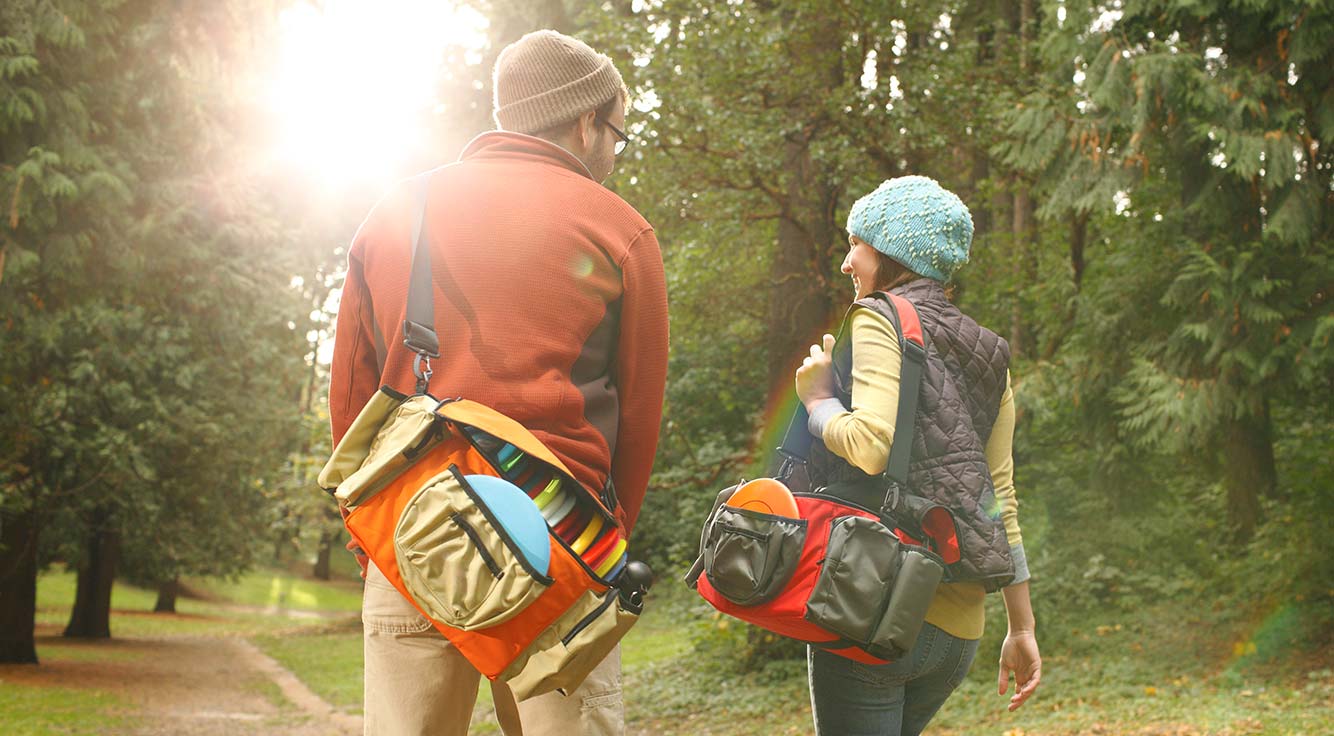
Can a hike make you happier?
Fresh air, a gentle breeze, birds chirping ― all pleasant thoughts that might come to mind when you think about nature. But is there any scientific reason the great outdoors feel so … great?
Over the past few years, an emerging body of research has strongly suggested a number of physical and mental health benefits specific to outdoor activity, in addition to the well-known benefits of an active lifestyle:
Less anxiety, better memory
In a study at Stanford University, researchers wanted to see if nature walks could be more beneficial than city walks. They found that people who walked for 50 minutes in a natural area, when compared to those who walked in a high-traffic urban area, had lower levels of anxiety and performed better on certain memory tasks.
Fewer negative thoughts and lower risk of mental illness
A similar experiment by the same Stanford researchers showed that nature hikes led to less rumination (repetitive negative thinking about oneself) and less activity in an area of the brain associated with mental illness.
Less depression, better at dealing with stress
Researchers from the University of Michigan and Edge Hill University in England studied people who participated in England’s Walking for Health program. They found that the participants showed fewer signs of depression and negative effects of stressful life events.
More energizing than the gym
In another twist, researchers in the United Kingdom compared the effects of exercising indoors versus exercising in natural environments. The nature workouts were associated with increased energy and decreases in tension, confusion, anger, and depression.
Clearly, there’s something special about getting active in nature. Even a very light walk in the woods, which the Japanese call Shinrin-yoku (taking in the forest atmosphere), can help lower blood pressure and stress levels. But if you don’t already have a favorite forest, park, or other go-to out-of-the-way place, here are some resources to help you find one:
- American Trails, a national, nonprofit organization, has extensive state-by-state lists to help you find a trail.
- For families with children, Discover the Forest, a new public service campaign dedicated to connecting kids with nature, has a great search feature and many other resources to explore.
- Your local chapter of the Sierra Club may organize group hikes and other outings.
Happy trails!
Note: if you believe you’re suffering from anxiety, mental illness, or depression, please make an appointment with a mental health professional.





